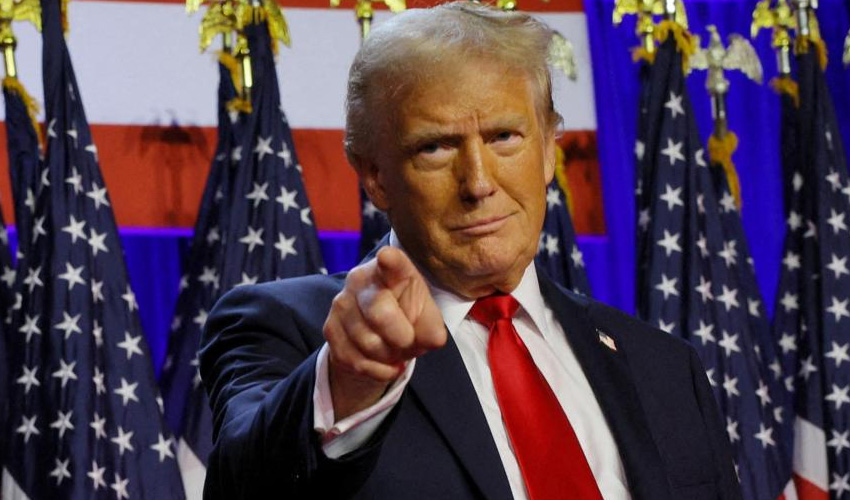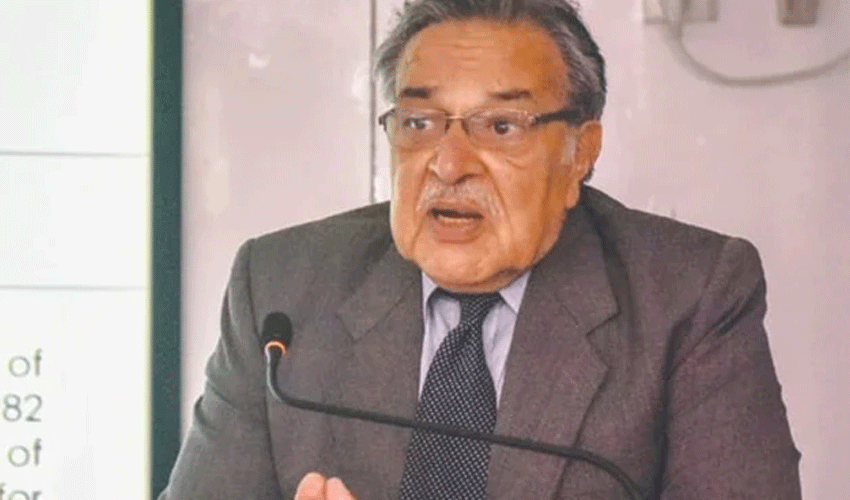In what can only be described as one of the most dramatic political comebacks in U.S. history, Donald Trump is set to be returning to the White House after a tumultuous four years. His victory in the 2024 presidential election, despite numerous obstacles and legal challenges, is testimony to his ability to captivate and polarize the American electorate. But how does the ex-president, who quit amid scandal and controversy, manage to do this spectacular turnaround? The answer lies in a perfect cocktail of populist rhetoric, deep voter frustrations, and determination that will not yield to defeat.
The 2024 election campaign was one for the history books. Trump's return to politics was far from conventional. The biggest challenges to his campaign involved having survived two attempts at assassination and the surprise withdrawal of his leading rival, President Joe Biden, just months before election day. He successfully mobilized millions of voters-both new and established-into those decisive battles with millions who voted on issues that top every battleground list: the economy and immigration. When the last tallies of votes started coming in, it's obvious that his message struck such a chord in so many Americans who felt ignored and forsaken by their administration.
His campaign marred by divisive rhetoric and controversy defined economic and immigration policy as a couple of the key points he needed to help regain trust in voters. Many who voted for Trump admitted, in interviews around the country, that they did not always agree with his blunt and often inflammatory remarks. But they believed his leadership had brought economic prosperity, at least on jobs created and business growing. For them, it was simple: "Are you better off now than you were two years ago?
"For many, the answer was no, and that was enough for them to look past his abrasive personality and vote for change.
A Polarising figure: Trump's legacy and challenges
Trump's victory comes after a spectacular fall from grace. In 2020, he lost the presidential election to Joe Biden, and in the aftermath, he incited an unprecedented attack on the U.S. Capitol, which led to his impeachment. They have cast long shadows on his political lifetime and are still scrutinizing his action by his supporters and detractors. On top of that, Trump faces criminal charges associated with an alleged role in the January 6th insurrection and for alleged falsifications of business records.
He will be known in history as the first sitting president to be convicted of a felony-a benefit that has only enhanced the impression of him by the public eye as being very polarizing. Still, despite his legal and ethical concerns, he has remained loyal to his base of supporters who, at least to their own vision, continue to regard him as a champion of values and ideals. Attacks on the political establishment, media, and critics have positioned him as an outsider who's not beholden to Washington elites.
This has made him a beacon of hope for those who believe that American democracy needs to be restored even if his methods are so problematic.
The Economy and Immigration: Trump's Winning Issues The economy and immigration had overshadowed all this, but above all, his victory message was that America badly needed change; the masses got frustrated with the situation when inflation soared and living cost escalated during the tenure of President Biden. Trump harnessed all these sentiments when he reminded voters about the booming economy with a sufficient number of jobs and wages at high growth during his first term.
This is a particularly strong message to working-class voters who feel themselves excluded by the political class for economic reasons.
On immigration, Trump's approach toward illegal immigration really rang bells among many voters, who are convinced of the new migrant wave coming from across the southern border and by policies undertaken by Biden. Whereby charges of xenophobia abound with accusations toward Trump in matters immigration policies, to many supporters of the former president, it simply calls for better control along the borders and something in favor of American workers.
"America first" again
One of the big political slogans during Trump's first presidency was "America First," and it appears that this will be an understatement for his second presidency. One of the important points in his campaign against the U.S. government's foreign spending was its spending on Ukraine during the ongoing war with Russia. He said that hundreds of billions of dollars of foreign aid should be used to fund America's interests by restoring the country's infrastructure, its healthcare system, and improving education standards.
This was the notion that many of Trump's supporters could identify with: America first, and do not get caught up in foreign messes. They felt it was time for the U.S. to stop being the world's policeman and start dealing with issues here at home. The promise to bring U.S. troops home from Ukraine and the Middle East spoke to the war-weary and war-tired citizen who grew weary of wars and military spending overseas.
The Challenges Ahead: Trump's Leadership Style and the Way Ahead As Trump enters into his second term, several challenges await him. On the campaign trail, he promised rebootting of the American economy and secure borders, but his leadership style is still subject to much debate. Trump's style of governance is known to disregard any norms that may bind political life, making such institutions chains that continue to weaken him further.
He has repeatedly run into battle with the press, the courts, and many members of his own party, which is why this man remains an extremely polarizing figure both domestically, within America, but even overseas.
He also has several significant legal battles that could deter him from leading. Though he cannot be prosecuted during his tenure, it is not known how the law will treat him once he leaves office. While some think that his legal issues will deter him from governing, others believe that the aggressive style will make him more potent with his base.
The World Watches: What Does "America First" Really Mean? Trump's return to the White House will not just change domestic policy. Another part of the world will watch with bated breath to understand what exactly "America First" truly means in practice-from possible tariffs on imports to the direction taken internationally for future treaties. His support for authoritarian leaders, like Russia's Vladimir Putin and North Korea's Kim Jong Un, has drawn some fire over the direction U.S. foreign policy takes with him at the helm.
Trump's erratic tendencies and distaste for multilateral diplomacy could drive traditional allies and international institutions keeping peace into an abyss of angry rhetoric.
Long-term, his stance on climate change, environmental protection, and renewable energy will bear fruit in how the global efforts to fight climate crises would be undertaken. The fact that he would deny climate change as a hoax in his second term, which will be rolling back environmental regulations, resulting in more fossil fuel productions-which is going to add complexity to global efforts curtailting emissions.
In the final analysis, then, Trump's comeback reflects a deeply divided America. His victory represents a pure rejection of the political establishment and a desire for change but also the intense polarization that has defined American politics in recent years. And as he prepares himself for a second term, he faces the challenge of unifying a fractured nation and navigating a complex political landscape.
For many Americans, a return to power by Trump comes as an opportunity to reverse the country's economic tide and order on the south border. To others, it represents a perilous turn toward authoritarianism and a betrayal of all that is democratic. Only time will tell if the promises extended by Trump will be achievable or if his leadership continues to dig in the holes that currently define American society.
The whole world holds its breath in anticipation of an important question: Can America actually "Make America Great Again" or is the nation irrevocably on its path to inevitable change under the second coming of Donald Trump? Only time will tell.



























